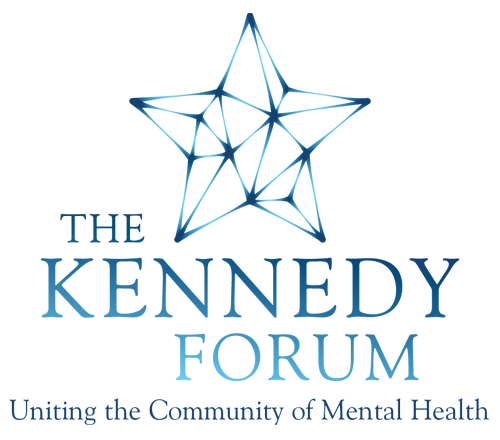
In 2008, the U.S. House of Representatives recognized the need to bring attention to issues around mental health awareness among, and mental health care for, the nation’s minority communities. To further those issues, the House passed a resolution in support of Bebe Moore Campbell National Minority Mental Health Awareness Month.
The implementation of the Affordable Care Act (with the open enrollment period beginning on October 1, 2013) should help address one of the issues outlined in the resolution: the fact that many minority mental health consumers are underinsured or uninsured, and thus receive a diagnosis late in their illness, if at all.
But what about the other issues?
Top 5 Issues Related to Minority Mental Health
Here are Care for Your Mind’s top 5 issues related to minority mental health awareness that remain to be addressed. (All quotes are from the text of the resolution.)
- Disproportionate access to services:“adult Caucasians who suffer from depression or an anxiety disorder are more likely to receive treatment than adult African Americans with the same disorders even though the disorders occur in both groups at about the same rate, when taking into account socioeconomic factors”
Read More











Connect With Us